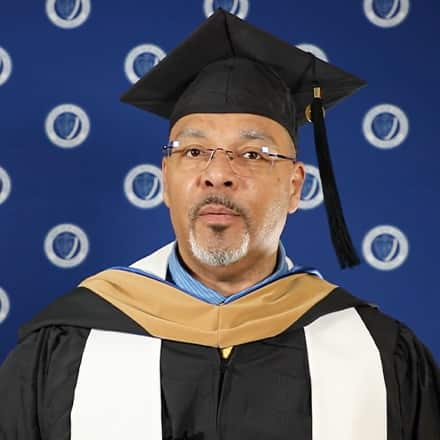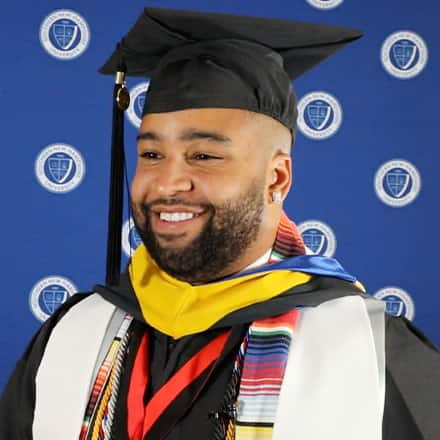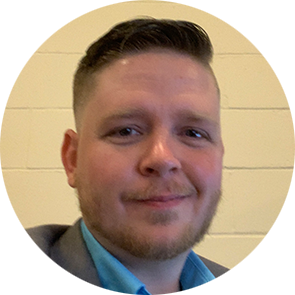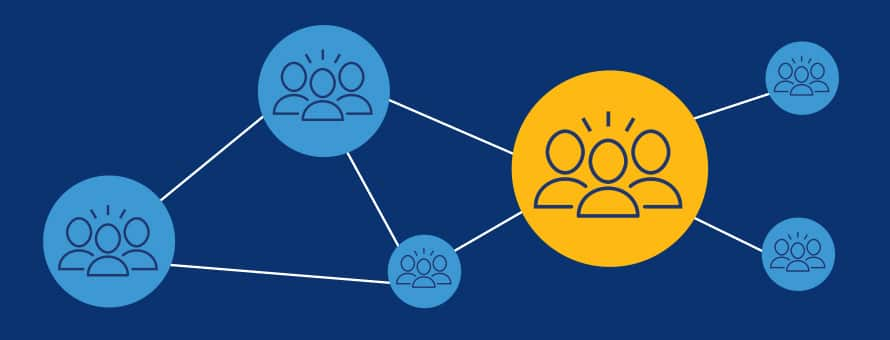What Is Social Capital and Why Is It So Important?
Social capital is not a new term. In fact, social capital has been examined by many scholars for nearly 100 years. The importance of social capital is not unknown to us, but for some reason we seem to assign it a low value in modern society. We brush off the importance of social capital in exchange for convenience and “efficiency.” So what is social capital and why do we have so much trouble utilizing it correctly?
Simply put, social capital is the value derived from positive connections between people. In industry this is described as a set of various relationships, reputations, and assets, existing within an organization or with its partners and customers, that enable business processes to function as efficiently and effectively as possible. Additionally, for our purposes we will break it down into three constructs. The first construct is Relational Capital, which can be defined as the relationships we have with others in our world. The second construct is Cognitive Capital, which is the knowledge we have to share with the world around us. The third construct is Structural Capital, which is our individual brand and our processes.
Social Capital in Our World
You may think the statement “there is value in positive connections with others” is common sense. I would say that you are 100% accurate and it’s even supported by Yale University professor Dr. Laurie R. Santos. Santos asserts that the “sheer amount of time we spend around other people predicts how happy we are.” However, our society is in disagreement and this is demonstrated by the impacts of loneliness and the lack of trust we have with the institutions around us.
The Loneliness Epidemic
According to a 2018 survey conducted by Cigna, 48% of Generation Zers surveyed identified as lonely, 69% felt as though people around them are not “with them” and 68% feel like “nobody truly knows them.” Other generations also identified as being lonely overall. Millennials came in at 45%, Gen X came in at 45%, Boomers came in at 42% and the greatest generation came in at 38%. Historian and economist Neil Howe writes in Forbes that loneliness is no joke and can lead to psychiatric disorders as well as cellular changes that have been linked to heart disease, stroke, Alzheimer’s disease, and others. If we truly think there is value in positive connections with others, then why does nearly half of the current population of the U.S. feel lonely?
The Trust Landscape
Although there are several elements involved in social capital creation, trust is paramount. According to a 2019 survey conducted by Edelman, 49% of U.S. citizens distrust non-governmental organizations, businesses, government and media. A 2018 Gallup survey found only 48% of U.S. citizens have confidence in our institutions of higher education. Nearly half of the population doesn’t trust our institutions and nearly half don’t have confidence in our higher education systems. When trust collapses, relational capital collapses with it as trust is a key component to relationship building. Additionally, cognitive capital is no longer valued as its accuracy is called into question and structural capital is impacted by a lack of credibility.
Why Do We Not Trust?
In my view, trust is built over time through relationships and our society is not nurturing true relationships or being gracious with the amount of time we can spend with others. Our society, built on convenience and efficiency, only promotes relationships that exist on a transactional short-term basis. True human connection and genuine social capital are not necessary for efficiency and convenience and the idea of the “single-serving friend” is becoming all too real.
What’s Our Deal?
Once again, if you feel this is common sense and somehow doesn’t apply to you personally, let me pose a question. How much time do you spend bonding with others and how much time do you spend avoiding others? Mistakenly seeking self-isolation and convenience in our routines is hindering our ability to build social capital in our society.
According to Santos, automation in our society has increased efficiency, but at the cost of reduced interactions. A simple example of this can be seen in banks or retail establishments where ATMs and self-check stations. Although convenient, they are taking away what could be a positive human interaction. Another example would be our use of social media to keep up with the lives of friends and family where we opt out of actual face-to-face time or even a phone call because we can see that they are “doing ok” via a newsfeed. If we want to feel connected, why do we do these things?
According to Santos, we “feel” that we are busier than we ever have been in the history of human existence. We feel as though we don’t have time to have a face-to-face conversation with a teller or make time for those we care about with a phone call. Santos states that recent studies show that we actually have a lot more free time than we think and we are not truly as busy as we feel.
What Can We Do?
As individuals in our society we have to make a conscious choice to build social capital with those around us. We must take the time to form relational capital through trust and relationship building. We must make time to share and receive the cognitive capital we generate through conversation, and we must create bonds to build the structural capital that is needed to create institutions of good in our society.
Recently, scholars have started labeling two forms of social capital: bridging, or external connections between two groups; and bonding, or internal connections between people within the same group. To provide some simple examples: We can “bridge” by forming partnerships between collaborative work groups and we can “bond” by refilling a co-workers coffee. Going beyond the favors we can do for one another, we can make it a point to talk to others on a regular basis. Choose to wait in line and start a conversation with a stranger or reach out to those you love by phone or go visit them in person.
We have to commit to truly connect with those around us and choose time with others over self-isolation. We must realize that the less time we spend talking to one another, the less time we spend understanding one another as individuals. If we take the time to connect with others and build some social capital, maybe we can also take the time to overcome our own biases and help de-polarize our society.
Dr. Rick L. Mask, author of "Social Capital 2.0," received his Doctorate of Business Administration from the Department of Business Management at Capella University. He holds a master’s degree in education from Bethel University and is currently continuing his educational journey by working toward an MBA in Economics from Southern New Hampshire University.
Explore more content like this article

What is Public Administration?

SNHU Spotlight: Jeffrey Harris, MBA Grad

SNHU Spotlight: Luis Polanco, BS in Business Administration Grad
About Southern New Hampshire University

SNHU is a nonprofit, accredited university with a mission to make high-quality education more accessible and affordable for everyone.
Founded in 1932, and online since 1995, we’ve helped countless students reach their goals with flexible, career-focused programs. Our 300-acre campus in Manchester, NH is home to over 3,000 students, and we serve over 135,000 students online. Visit our about SNHU page to learn more about our mission, accreditations, leadership team, national recognitions and awards.



